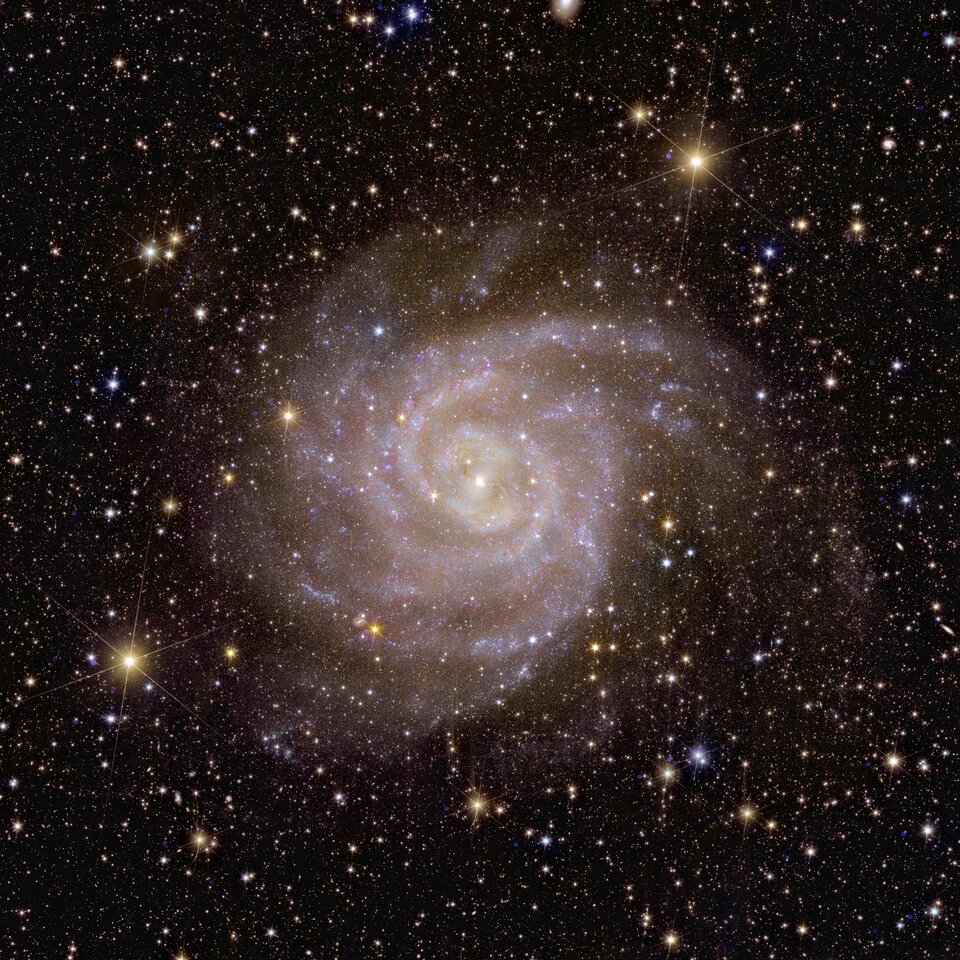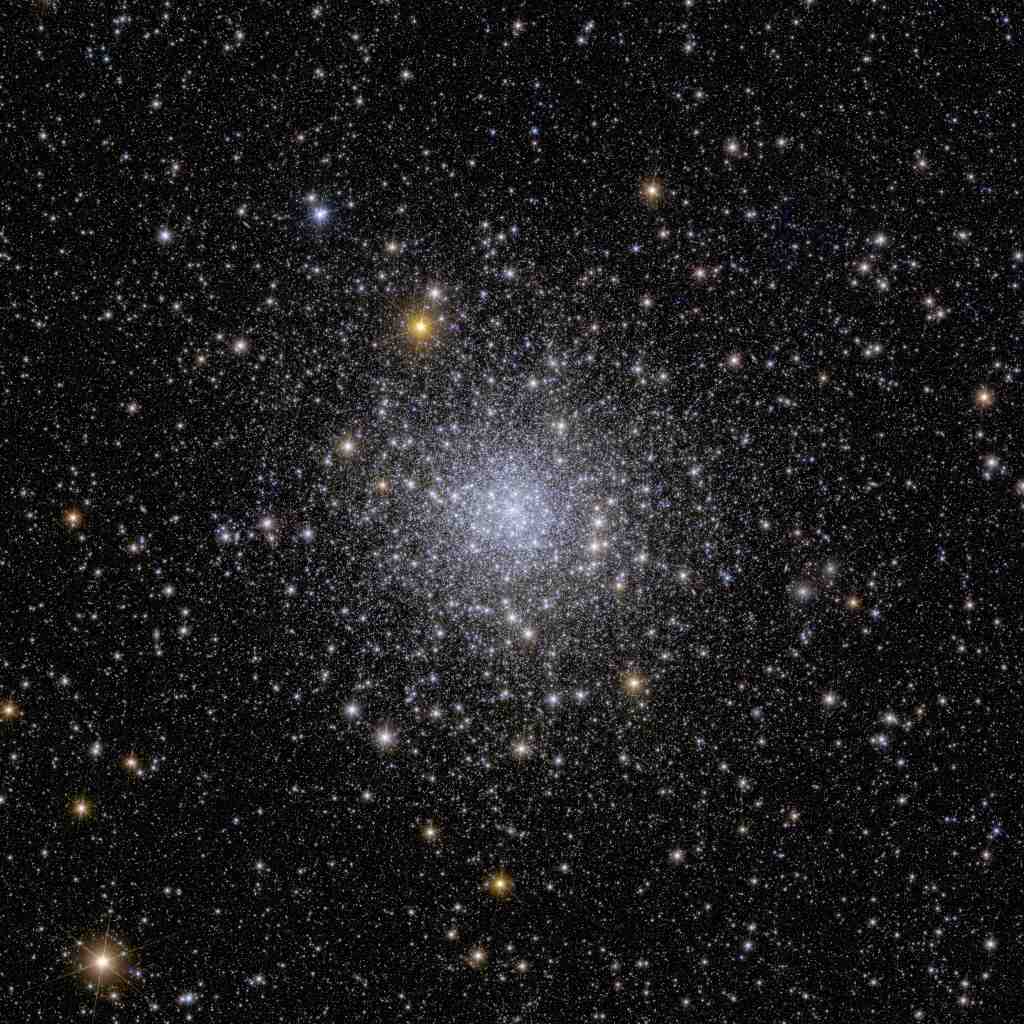So today’s the day. The first science-quality observations from Euclid have now been released to the public. The official press release is here, and the press conference showcasing the new observations can be viewed here:
The images themselves can be found in this repository. In summary they are (in no particular order):
- Galaxies in the Perseus Cluster
- Spiral galaxy IC 342
- Irregular galaxy NGC 6822
- Globular cluster NGC 6397
- The Horsehead Nebula





And here they are – you can click on them to make them bigger:
A few points of my own.
First, it is important to realise that these observations are not part of the full Euclid survey, which will start in early 2024, but were produced during the process of verification the capabilities of the telescope and detectors. They are all very short exposures, taking up less than a day to make all the images, but they demonstrate that Euclid is performing very well indeed!
Euclid is designed to achieve very sharp optical quality across a very wide field of view, so its strength is that it will produce beautiful images like these not only of a handful of objects but for billions. We need to map very large numbers of galaxies to perform the careful analysis needed to extract information about dark matter and dark energy, which is the main goal of the mission.
While these images are, in a sense, by-products of the Euclid mission, not specifically related to the main aims of the mission, they are interesting in their own right and there are proper scientific papers related to each of the five sets of observations released today. We expect many more non-cosmological spinoffs like these as the mission goes on.
There were some problems during the commissioning of the instruments carried by Euclid, the most serious of which was an issue with the Fine Guidance Sensor used to control the pointing of the telescope. This has been fixed by a software update and everything is now functioning well, as today’s new results confirm!
